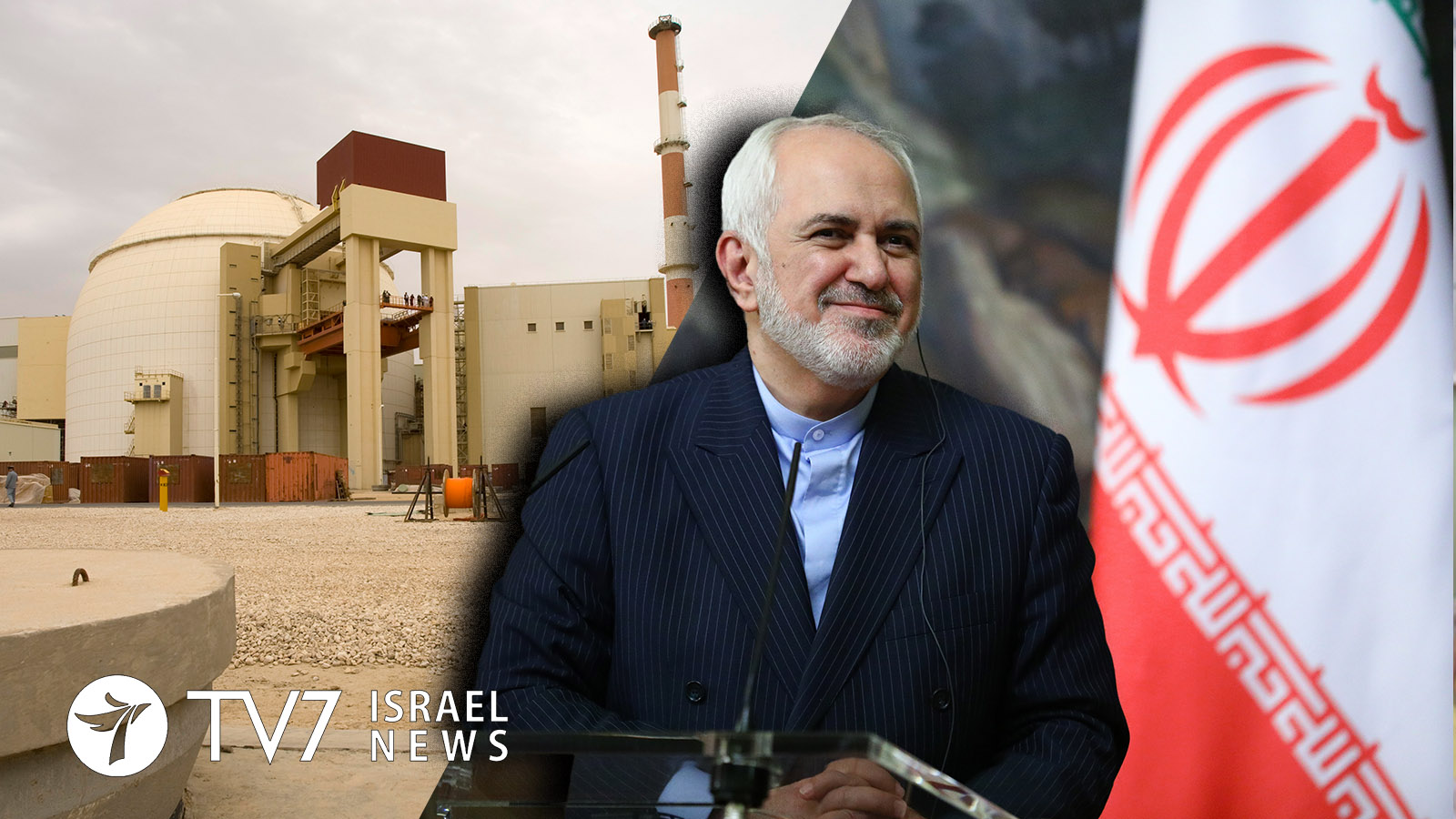United States Secretary of State Antony Blinken is warning that Iran could be very close to having produced the fissile material needed for a nuclear weapon.
It could be only “a matter of weeks” if Iran continues to lift restraints set by the 2015 Joint Comprehensive Plan of Action (JCPOA) nuclear deal, Blinken said, in remarks to the American NBC television network.
The JCPOA was intended to curb Iran’s nuclear ambitions in exchange to international sanctions relief. In 2018, the Trump administration unilaterally pulled out of the agreement, which had been strongly condemned by Republican lawmakers, Israel and Gulf Arab states as as not being nearly stringent enough.
The comments from Washington’s top diplomat echo earlier statements from National Security Advisor Jake Sullivan, who said that a critical early priority for the Biden administration is to deal with an escalating crisis with Iran.
“From our perspective, a critical early priority has to be, to deal with what is an escalating nuclear crisis as they (Iran) move closer and closer to having enough fissile material for a weapon. And we would like to make sure that we reestablish some of the parameters and constraints around the program that have fallen away over the course of the past two years,” Sullivan said during an online program sponsored by the U.S. Institute of Peace.
Sullivan made the statements to the Washington, D.C. Atlantic Council international affairs think tank, alongside former U.S. National Security Advisors Condoleeza Rice, who served in the administration of President George W. Bush; and Robert O’Brien, who was the fourth and final person to hold that position during the presidency of Donald Trump.
President Joe Biden has previously expressed willingness to rejoin the deal if Tehran reinstates full compliance with its terms. Tehran, meanwhile, has insisted it will not adhere to the nuclear commitments it made to six world powers until the US takes the first step.
Blinken affirmed the need to completely stop Iranian nuclear development during his Senate confirmation hearings, where he also said the Biden administration would consult with its allies in the Middle East – including Israel – before engaging in talks with the Islamic Republic. In his first public comments on Iran as Secretary of State, Blinken reiterated Biden’s policy “that if Iran comes back into full compliance with its obligations under the JCPOA, the United States would do the same thing.”
But Iran’s Foreign Minister, Mohammad Javad Zarif, posted a message on Twitter last Thursday that the US must make the first move by returning to the nuclear accord.
In an additional statement issued Saturday, Iran rejected any alterations or new participants in the JCPOA – which initially included the five permanent members of the United Nations Security Council (the US, United Kingdom, France, Russia and China), in addition to Germany and the European Union.
“The nuclear accord is a multilateral international agreement ratified by U.N. Security Council Resolution 2231, which is non-negotiable and parties to it are clear and unchangeable,” Iranian Foreign Ministry Spokesman Saeed Khatibzadeh was cited by state media as saying.
The JCPOA was approved by every member of the UNSC in Res. 2231, that also set a timetable of Iranian obligations.
The Iranian statement came in the wake of a proposal by French President Emmanuel Macron to include Saudi Arabia in any new talks.
In related developments, the White House has confirmed the appointment of veteran diplomat Robert Malley as US Special envoy for Iran.
Malley held numerous senior positions in the Democratic administrations of former Presidents Barack Obama and Bill Clinton, with a focus on Middle East and Gulf policymaking. He also served as president of the non-profit International Crisis Group (ICG) that focuses on global conflict, and an informal advisor to Biden during the 2020 election campaign.
Most critically, Malley was a key member of former President Barack Obama’s team that negotiated the JCPOA.
“Secretary Blinken is building a dedicated team, drawing from clear-eyed experts with a diversity of views,” said a State Department official, adding that Malley, who will lead the team, “brings to the position a track record of success negotiating constraints on Iran’s nuclear program.”
“The Secretary is confident he and his team will be able to do that once again,” the official, speaking to Reuters on the condition of anonymity.
Republicans and pro-Israel groups have expressed concern Malley would be soft on Tehran and tough on Jerusalem.
Malley, the son of an Egyptian journalist and Iran expert, was also an informal adviser to Obama’s 2008 campaign but resigned after it was revealed that he had met with representatives of the Palestinian Hamas terror organization while working for the ICG. He was later appointed as a top Middle East advisor to the Obama administration, in which Biden served as Vice President.
